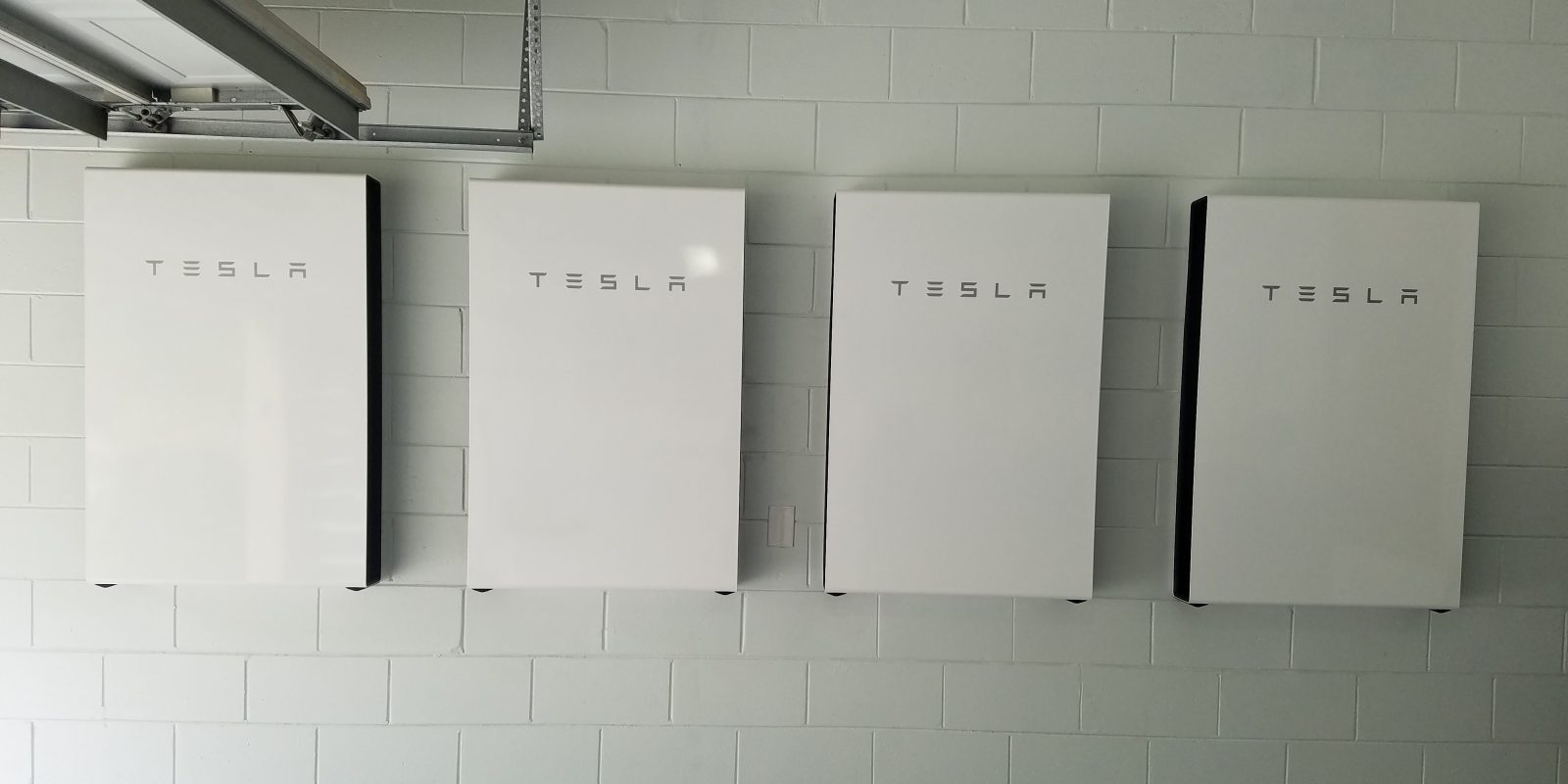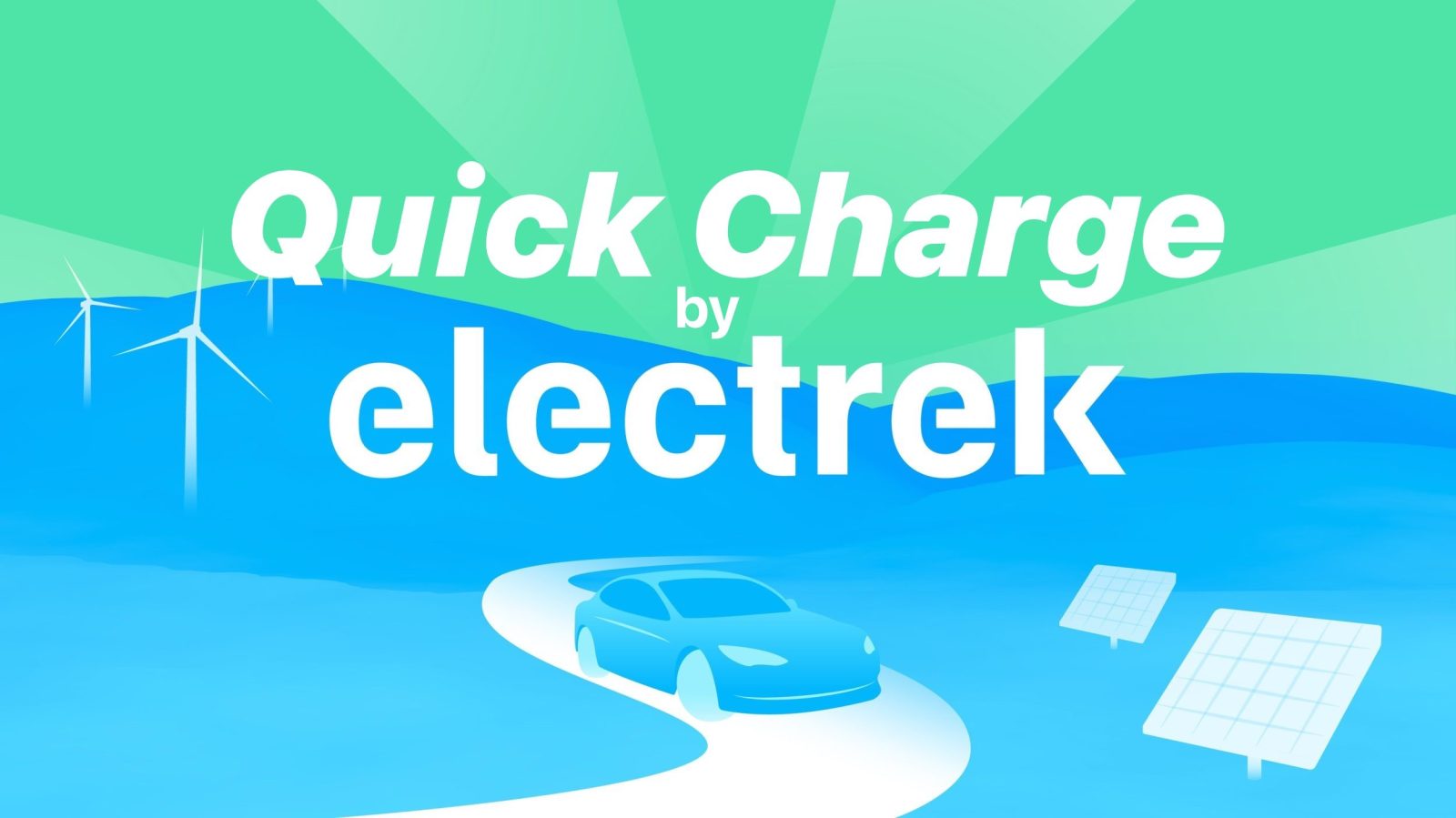CATL, LG Chem or maybe Panasonic will come out on top this year.
Source: Electric Vehicle News
Watch Tesla Autopilot swerve at last second to avoid a deer

We are starting to see an increase number of reports from Tesla owners about Autopilot doing some really aggressive maneuvers to avoid crases.
In this new example, a Tesla owner shares a video of Autopilot swerving to avoid a deer at the last second. more…
The post Watch Tesla Autopilot swerve at last second to avoid a deer appeared first on Electrek.
Source: Charge Forward
Tesla to send up to 1,000 Powerwalls to Vermont per year under new deal

Tesla will deploy up to 1,000 Powerwalls in Vermont per year under two new programs with a longtime partner. more…
The post Tesla to send up to 1,000 Powerwalls to Vermont per year under new deal appeared first on Electrek.
Source: Charge Forward
Toyota RAV4 Prime PHEV Availability In U.S. To Be Extremely Limited
ZEV states only, 5,000 units. Hopefully, more next year.
Source: Electric Vehicle News
New study: EV fuel cost savings vary widely across the US
EV drivers can save as much as $14,500 on fuel costs over 15 years compared to driving a legacy vehicle. That’s the conclusion of a new analysis conducted by researchers at the DOE’s National Renewable Energy Laboratory (NREL) and Idaho National Laboratory (INL).
The new report, Levelized Cost of Charging Electric Vehicles in the United States, published in the journal Joule, examines the cost of EV charging in greater detail than previous studies. It provides a state-level assessment, taking into account the thousands of different retail electricity tariffs around the country, and considers when, where, and how a vehicle is charged. It also considers the real-world costs of charging equipment and installation.
“Finding out the purchase price of a vehicle is relatively simple, but the savings related to fuel aren’t readily available, especially since electricity cost varies greatly for different locations and charging options,” said co-author Matteo Muratori, a Senior Systems Engineer at NREL.
The cost to charge an EV varies widely. The key factors include differences in the price of electricity, the types of equipment used (slow or fast charging), the cost of installation, and vehicle use (miles driven). The researchers calculated that the national average cost to charge a battery EV ranges from 8 cents per kWh to 27 cents, with an average of 15 cents. This corresponds to an average lifetime fuel cost savings of $3,000 to $10,500.
However, in certain scenarios, the savings can be much lower or higher than the average. The researchers found that, in Washington state, an EV driver can save as much as $14,500. On the other hand, certain drivers in Alabama, Hawaii, Mississippi or Tennessee may fail to realize any savings compared to a legacy vehicle.
In calculating costs, the researchers also considered the nature of the charging stations. The average cost figure of 15 cents per kWh assumes 81% of charging is done at home, 14% at a workplace or public station, and 5% at a DC fast charger. Exclusively charging at DCFC stations increases the average cost to 18 cents per kWh, while charging exclusively at home brings it down to 11 cents. EV owners who can take advantage of time-of-use pricing can see costs as low as 8 cents per kWh.
Source: National Renewable Energy Laboratory
Source: Electric Vehicles Magazine
Nikola CEO Talks Fuel Cell Trucks, Tesla Supercharger Pricing, Battery Degradation
Trevor Milton addresses the points raised by Riley Penegor and our readers in another LinkedIn article.
Source: Electric Vehicle News
Quick Charge Podcast: June 30, 2020

Listen to a recap of the top stories of the day from Electrek. Quick Charge is available now on Apple Podcasts, Spotify, TuneIn and our RSS feed for Overcast and other podcast players.
The post Quick Charge Podcast: June 30, 2020 appeared first on Electrek.
Source: Charge Forward
BYD Presents Tang EV In Norway And Begins Trials
It will be equipped with the latest BYD Blade Battery right from the start.
Source: Electric Vehicle News
Tesla wants to move ahead with construction at Gigafactory Berlin without final approval

Tesla wants to move ahead with the construction of the buildings at Gigafactory Berlin without the final approval for the project. more…
The post Tesla wants to move ahead with construction at Gigafactory Berlin without final approval appeared first on Electrek.
Source: Charge Forward
Toyota cuts output of RAV4 Prime plug-in hybrid for US to laughable 5,000 units

Three weeks after introducing the RAV4 Prime plug-in hybrid in Japan, Toyota suspended orders in its home market and cut production for the US to just 5,000 vehicles. The company cited unexpectedly high levels of consumer interest and a…wait for it…constraint in battery supply.
The post Toyota cuts output of RAV4 Prime plug-in hybrid for US to laughable 5,000 units appeared first on Electrek.
Source: Charge Forward

